I guess some didn’t realize there are popular parts of Obama’s legacy to be repealed as well:
(CNN) Ron Paul, the former GOP congressman and onetime presidential candidate, called on Attorney General Jeff Sessions to step down Saturday after he moved this week to rescind the Obama-era policy of restricting federal enforcement of marijuana laws in states where the drug is legal.
Sessions’ action essentially shifts federal policy from the hands-off approach adopted under the Obama administration to unleashing federal prosecutors to decide individually how to prioritize resources to crack down on pot possession, distribution and cultivation of the drug in those states…
As much as I admire Ron Paul, I have to call him out in this one case, because he’s not only legally incorrect, but short-sighted as well. The Obama Administration’s decision to ignore federal law in the case of marijuana enforcement is no different than its decision to ignore federal law in the case of young illegal immigrants: the Obama Administration decided that the law got in the way of the politics of the moment, and that it would simply not enforce the law on its friends.
The correct response is for Congress to change the current law, but for the executive to enforce it as written in the meantime.
Now, I’m happy to agree with Dr. Paul that the law in this case is probably unconstitutional*, or would be were there a court with enough backbone to look at it honestly. We don’t have such a court and haven’t since FDR**. If we had an honest court that read the Constitution honestly, we would not be having this discussion.
But where we are entering dangerous territory is when we take the step from, This is a bad law, to /Our guys/ should not enforce laws that we don’t like on our friends. Which is another way of saying, one law for us, another law for our political enemies.
And the reason it’s dangerous territory is that the Rule of Law is essential to western civilization. I would maintain that it is foundational. As Aristotle argued in his Politics:
It is more proper that law should govern than any one of the citizens. Upon the same principle, if it is advantageous to place the supreme power in some particular persons, they should be appointed to be only guardians, and the servants of the laws.
Or as Cicero noted: “We are all servants of the laws in order that we may be free.”
The Magna Carta, the Constitution, even the Book of Deuteronomy insist, to the benefit of all, that the law applies to all, even to the executive and his servants.
Where all men are subject to the law, even the rulers, the individual can enjoy a semblance of peace and freedom. Where the powerful can legally take what they like with impunity — whether your home grown wheat or your daughter’s virginity – you are in a spiral towards despotism and collapse.
A lot on the right are frustrated with Conservatism. And they are correct to be so: Conservatism conserves nothing but the victories of the last generation’s liberals. It could not save marriage with a 2500-year head start. It is utterly worthless as a government philosophy and as a political stratagem. It is a mere boat anchor, stubbornness weaponized. It has no direction and so cannot establish anything of worth or permanence.
But we must be careful, when tearing up the present politics and devilish popular culture of the West, that we do not destroy our own foundations. The left seeks to destroy the foundations so that they may build the future in their own devilish image. Men of the West ought to destroy the devilish so that we might rebuild upon the foundation laid for us when men understood what it meant to be a civilization.
* Though it is not, as he asserts, unAmerican. Americans since they were called Pilgrims have been using the power of law to proscribe morally questionable actions of their fellows.
** Remember, this is a “conservative” court that upheld Obamacare at least partially based upon a precedent (Wickard vs. Filburn, 1942) that allows the government to regulate wheat grown by a farmer to feed his own animals under the Interstate Commerce Clause. That decision asserted that the food a farmer grew for his own animals was subject to federal regulation because if he was not growing the wheat, then he might have to buy other wheat, and that wheat might cross state lines***. It takes years of law school to learn to conclude this without laughing out loud.
*** This is also how marijuana grown for personal consumption becomes Interstate Commerce, and therefore Uncle Sam’s business.

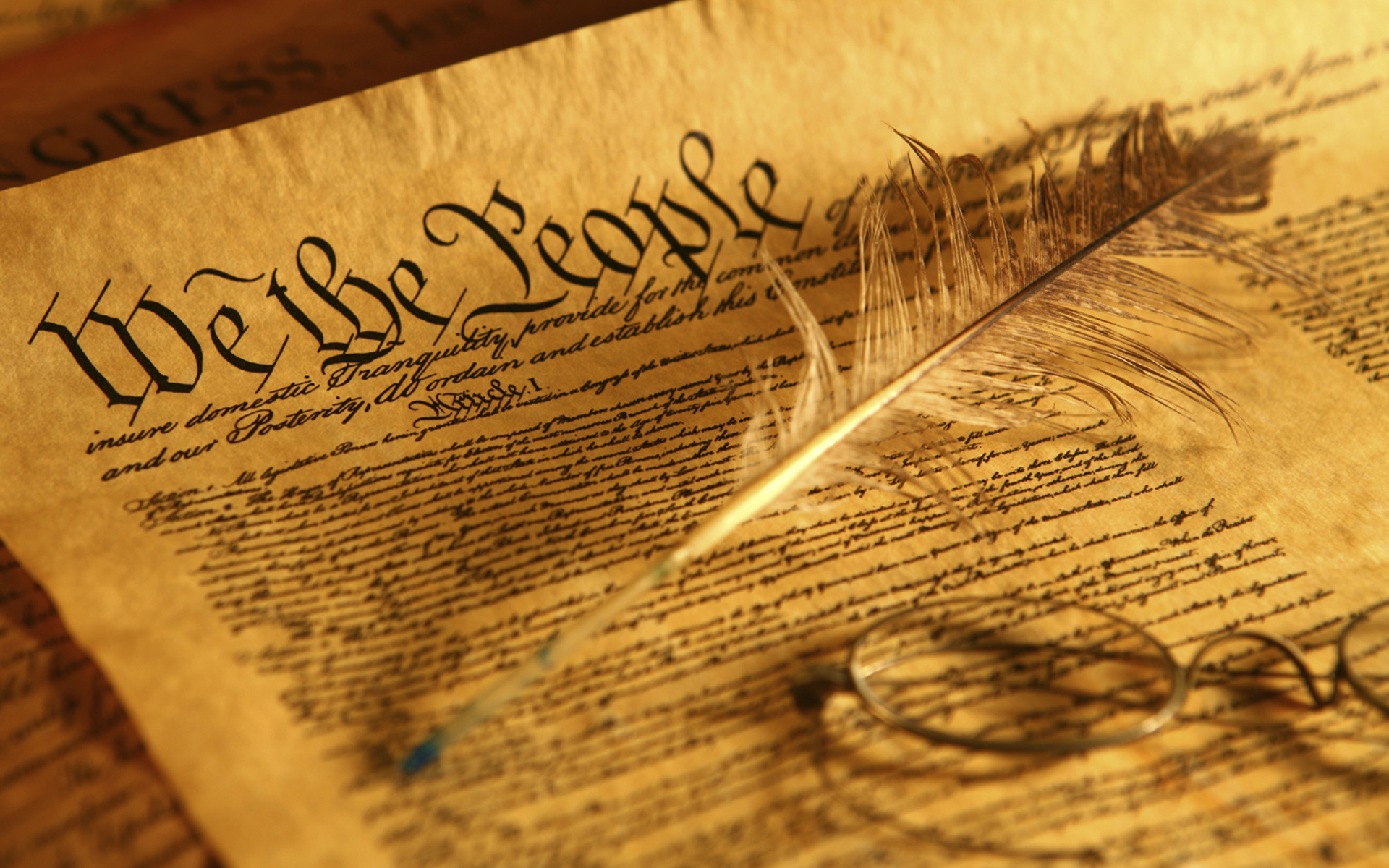

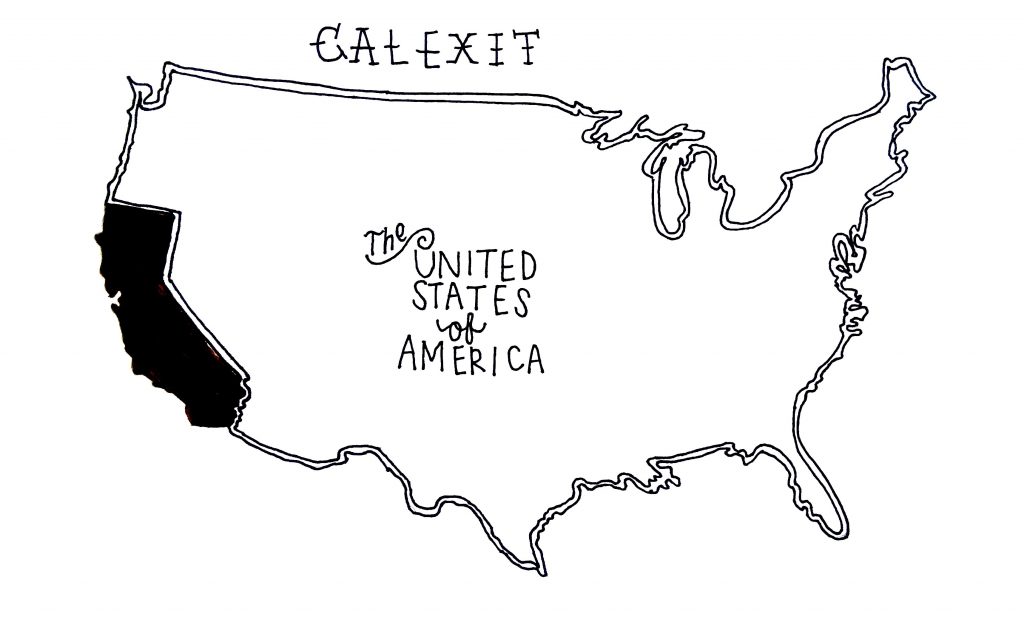

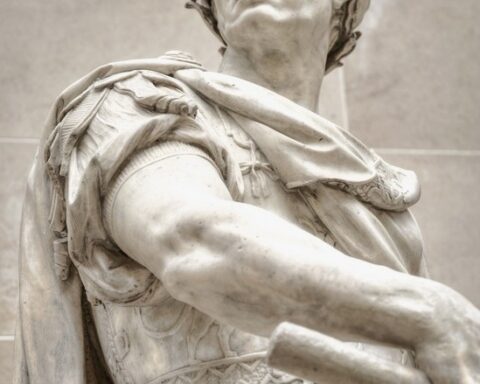


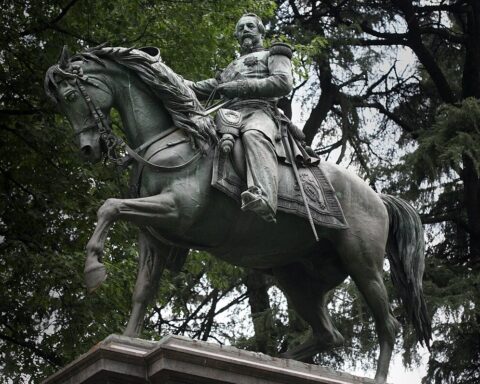
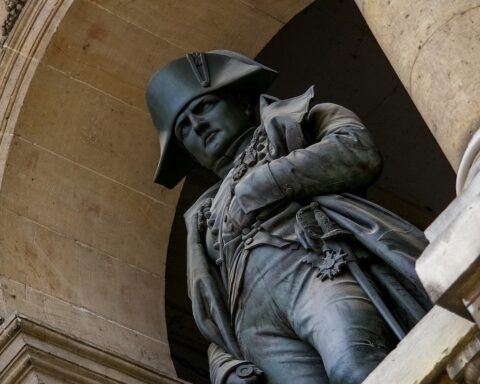
This view that interpretation of the Constitution is the sole province of the courts is one of the springs from which the present judicial tyranny flows. The President swears to uphold the Constitution, not the Constitution-as-interpreted-by-the-courts. Likewise all congressmen. The three branches are, or are supposed to be, co-equal, and the power of interpretation is nowhere given solely to any one of them.
The gun laws, which are all totally unconstitutional…
are strictly enforced, though.